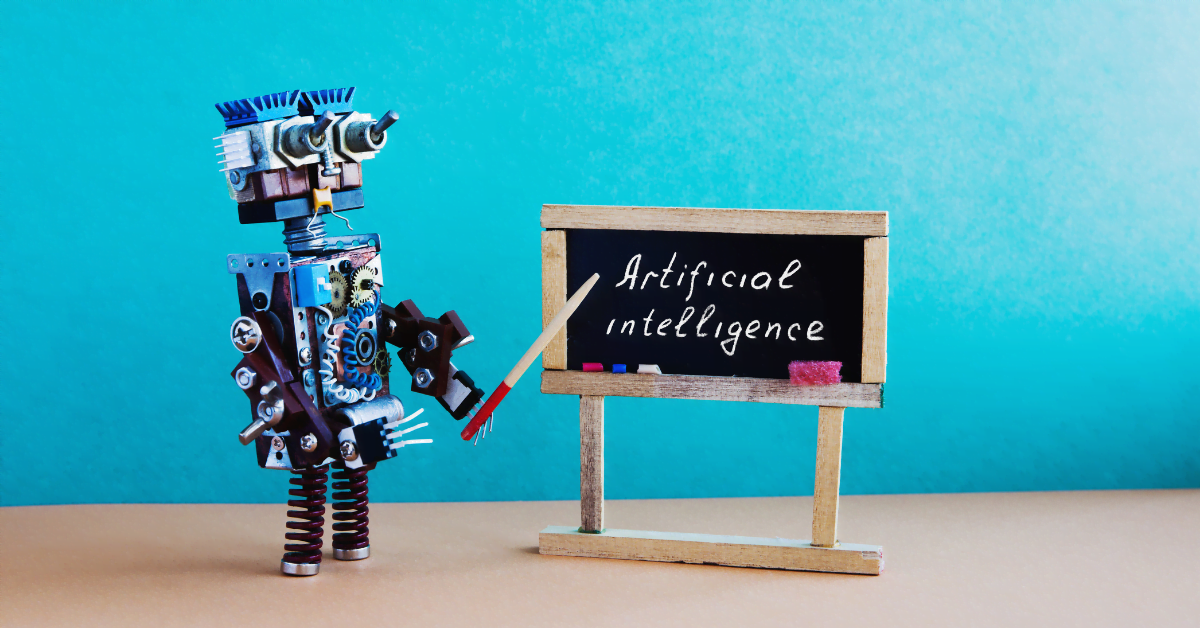The education industry has evolved over the years. However, with more advanced technology affecting many industries, schools and institutions are no strangers to the growing phenomenon. With something called EdTech (or “educational technology”), technology is at the forefront of making sure that all students get the best education possible.
That’s where technological advancements like artificial intelligence (AI) and machine learning (ML) come in! It’s these technologies that are the lifeblood of EdTech since they ensure smarter school functions and operations. And with these functions and operations come great benefits.
This article will explore the importance of AI and machine learning, as well as the benefits that they offer when put into EdTech.

Why The Importance?
“Artificial intelligence involves many technological advances like machine learning, deep learning, and Natural Language Processing,” says Wesley Abel, a business writer. “These advances are especially helpful in EdTech since the primary purpose is to tell students in their learning and academic performance. It’s no wonder that many schools and institutions are looking towards AI-enabled solutions like EdTech to transform the education industry for the better.”
In essence, AI gathers data that is being fed through machine learning. Machine learning, in turn, must learn how things are done based on the data, so that AI knows what to expect the next time something is being fed into the algorithms.
5 Benefits Of AI and Machine Learning In EdTech
Now that we’ve established the importance of AI and machine learning in EdTech, it’s time to look at some of the benefits of having them as so:
Predictive Analysis
Ever wanted to predict how well a student might be in their learning? Thanks to AI and machine learning, EdTech would be smart enough to give educators predictive analyses of their students. This data will help educators know:
- What subjects students are good at (or have an interest in)
- What subjects do students still need to work on
- Their overall grades
- Any performance trends, and so on
This data ensures that everyone in the classroom is on the same page and that no student is left behind in lectures.
- More Personalized Learning
Not all students are created equal. As mentioned earlier, students might show interest in a subject or two, or they might need improvement on certain subjects. EdTech – when armed with AI and machine learning – can pinpoint critical points in a student’s learning, and then tell the educator what needs to be done to ensure that said student performs better in the problem subject. This allows for both the educator and the student to see any strengths or weaknesses based on the data.
- AI-And-Teacher Collaborations
While students can benefit from having a more personalized learning experience, educators can benefit from working with AI to make more enhanced lesson plans. Since lesson plans are the lifeblood of every lecture, it’s important that EdTech ensures that all data and resources are up to date. And with AI and machine learning, EdTech can suggest relevant resources and material that teachers can use for their next lecture.
- Smart Tutors
With learning an important necessity for students, they’re going to need all the learning that they can get to ensure great academic performance. While hiring tutors is ideal, tutors can sometimes come in short supply. EdTech, using AI and machine learning technology, can offer another form of personalized learning by offering personalized tutoring to students that need additional help. There are some called “smart tutors,” of which the algorithms engineered by smart technology are being used to both understand and help the student with whatever subject or area that they’re struggling in.
- Educator Task Automation
“Educators can especially benefit from AI and machine learning in EdTech,” says Edward Pierce, a technical writer at AcademicBrits. “Repetitive tasks like grading, having one-on-ones with students, and taking attendance can be tedious. However, the main goal of the educator is to spend as much time with students as possible, so that they can get plenty of learning done. With AI and machine learning, schools can automate certain tasks, so that educators have more time to spend teaching their students.”
The Gist
Ultimately, EdTech will continue to evolve as AI and machine learning get better and better. With these 5 benefits, it’s no wonder why more and more schools and institutions are turning to EdTech solutions.
FAQ’s
AI-powered tools can provide real-time feedback, adaptive learning pathways, and interactive learning experiences tailored to individual student needs, increasing engagement and driving academic success.
Yes, AI and ML enable EdTech to personalize learning experiences by identifying student learning patterns and recommending customized learning materials and resources.
Predictive analysis provided by AI and ML allows educators to understand student performance trends, identify strengths and weaknesses, and tailor teaching methods to meet individual student needs.

